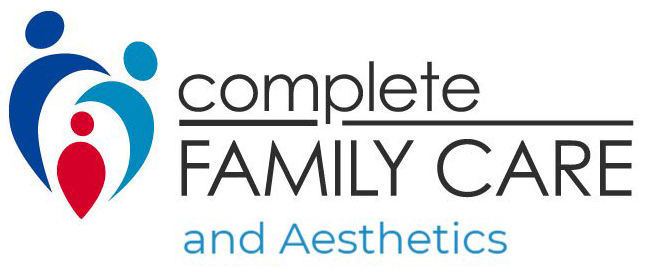Why Vaccinate?


Vaccines for Children (Birth to 18 Years)

Vaccines for your children are given at various ranges, starting from birth. It is recommended your child receives their first dose of vaccine to fight against hepatitis B, allowing the risk of getting this disease to be reduced.
As your child grows, you are encouraged to make sure your child receives more vaccines at certain ages to reduce the risk of other diseases.
To learn more about vaccines and how they can help your child, visit the Centers for Disease Control and Prevention (CDC) website.



Vaccines for Adults (19 Years and Older)


Adults need their vaccines as well. Vaccinations need to be kept up to date, because as an adult, immunity from childhood vaccines may grow ineffective over time. As an adult, you are also at risk of different kinds of diseases. That’s where vaccinations come in, being one of the most convenient and safest care measures available to help build your immunity.
Every year, all adults need the Influenza vaccine, otherwise known as the flu shot. Adults should also receive the Td or Tdap vaccine.
Based on your age, lifestyle, health condition, or habits, you may need other vaccines as well. Reach out to us to learn more and see which vaccines would be best for you.


Are vaccines safe?
Yes, vaccines are safe. The long-standing vaccine safety system in the United States makes sure that vaccines will be as safe as possible. As of now, the United States has the safest vaccine supply. Many children receive vaccines safely every year. Side effects that are the most common are mild, such as pain or swelling that occurs around the injection area.
What are the benefits and risks of vaccines?
Vaccines will help prevent infectious and dangerous diseases that have been known to kill and harm several infants, children, and even adults. If your child doesn’t have vaccines, your child is at risk of getting very ill and suffering pain, disability, and even death from diseases such as whooping cough and measles. The biggest risks from getting vaccines are the side effects, which are very commonly mild. These side effects, which include swelling or redness around the area of the injection, go away after only a few days. Critical side effects from vaccines, like a serious allergic reaction, are rare. Doctors and staff are trained to deal with these serious side effects.
The benefits of preventing dangerous diseases are greater than the possible mild side effects for nearly all children. The only known exceptions would be cases where a child has a chronic medical condition, such as cancer, a disease that causes a weak immune system, or the child has had a serious allergic reaction to a previous dose.
Why do vaccines start at an early age?
The schedule for receiving vaccines that is recommended is to protect infants and children by giving immunity early in life. This is to prepare the system before children come in contact with serious life-threatening diseases. At a young age, children are more prone to diseases, which is why it is advised children receive immunization early. The results of these diseases are very severe and possibly life-threatening for infants and children.
If my child is sick, should he or she still get shots?
If your child is sick, talk with your child’s doctor. Usually, children can still get vaccinated even if they have a small illness, such as a cold, earache, diarrhea, or a mild fever. If your child’s doctor tells you it’s okay for your child to receive the vaccine, then your child can still get vaccinated.
